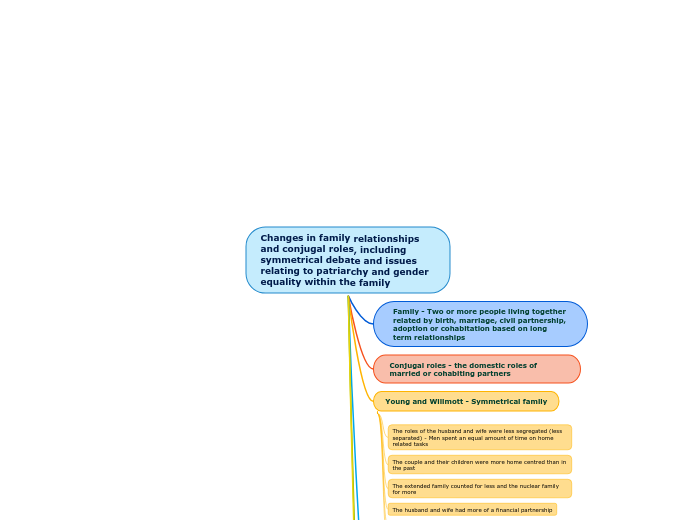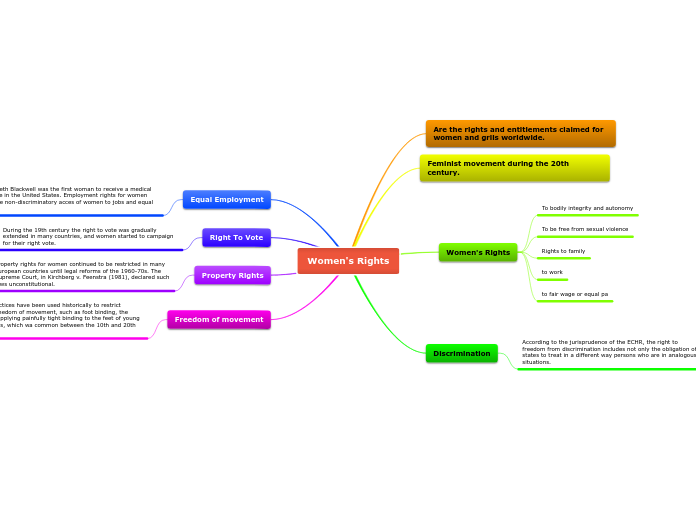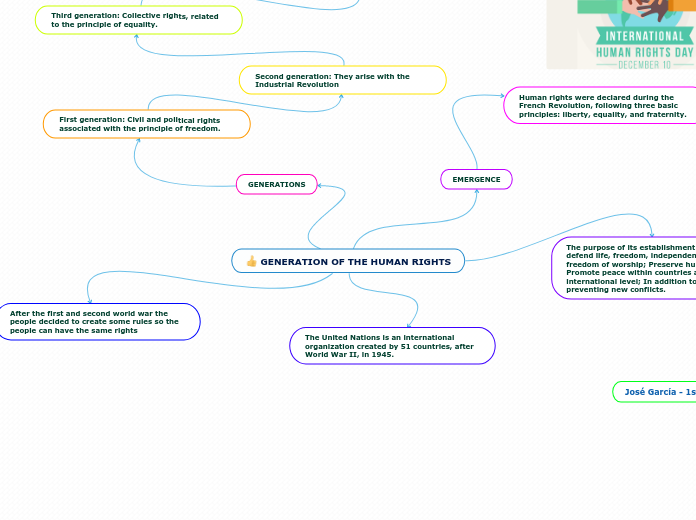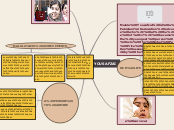によって Neemavati Khoodeeram Jugee 4年前.
413
Tree organigram
Over time, family dynamics and the roles of married or cohabiting partners have evolved significantly. The shift towards a more symmetrical family structure, where both partners share domestic responsibilities equally, is attributed to several factors.









